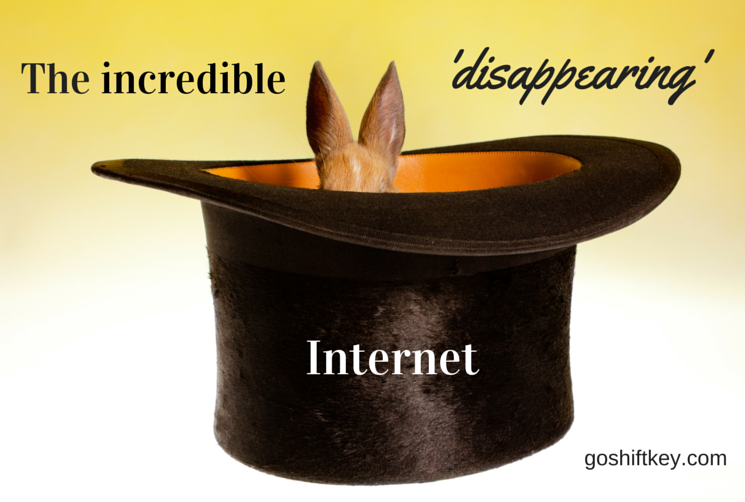Let’s face it. Most of us are addicted to technology. If you’re reading this, chances are you own a smartphone, perhaps a smartwatch or other “wearable” where you incessantly check your email. And, you are likely one of the three-fourths of online adults who are on Facebook.
When asked what the future of technology looks like, Google Chairman Eric Schmidt earlier this year predicted “the Internet will disappear.”
“There will be so many IP addresses … so many devices, sensors, things that you are wearing, things that you are interacting with that you won’t even sense it. It will be part of your presence all the time,” Schmidt said.
That “future” is already occurring. The wearables category has grown in recent years to include FitBits and other personal tech devices, and medical wearables have become more prescribed. This has opened the door for even more devices like Quanttus (a wearable vital sign monitor) and Google Glass (eyeglasses with a computer screen built in), with global wearables growing to a value of $19 million by 2018.
Schmidt got it right when he said the Internet was disappearing. He just meant its usage and delivery methods would become so ubiquitous that the lines of its mere existence would become blurred.
Ask my newly-retired mom in rural Mississippi if she’s been online or checked her email lately, and she will tell you, “No, I haven’t been on Facebook in a while.” As though Facebook is the only place where one can check mail anymore, and all of these terms are synonymous.
You probably know someone who would make a similar statement.
There is a very real — and similar — sort of “blurred lines” phenomenon occurring with others like my mom: When did “technology” come to mean “Internet,” and when did “Internet” come to mean “Facebook”?
I read a smart, fairly shocking piece on LinkedIn Pulse earlier this week that revealed millions of Facebook users in countries like Indonesia and the Philippines do not realize they are using the Internet.
Facebook’s own COO Sheryl Sandberg admitted as much when she said earlier this year: “People actually confuse Facebook and the Internet in some places.”
So, what exactly are we addicted to? Technology? Using the Internet? Or, in using these terms, are you actually referring to Facebook, meaning you may be one of those “walled garden” Facebook users who never ventures outside its all-encompassing realm? Given updated Facebook news, video and payments capabilities, not to mention, take a look at Facebook’s recent acquisitions — maybe the Internet is not only ‘disappearing,’ but morphing into Facebook.
At Shift Key, we make communication capital. We are journalists who know how to create original content, the foundational layer of digital marketing. We understand audience and the information your audience wants – whether you are an agency, brand, company or non-profit. Content is the bedrock of digital marketing. Shift Key creates unique and informative content that feeds marketing activities across a mounting number of channels, generating buzz for brands and leads for products and services.

